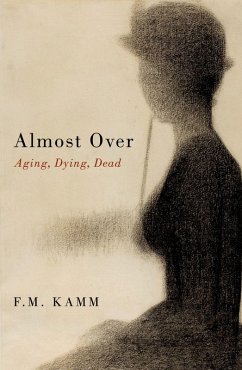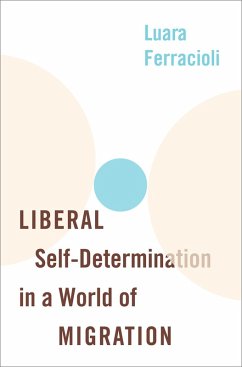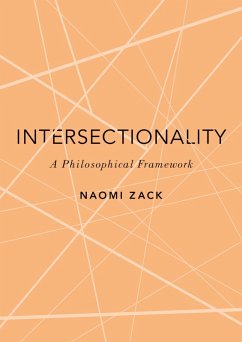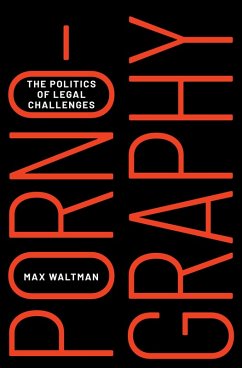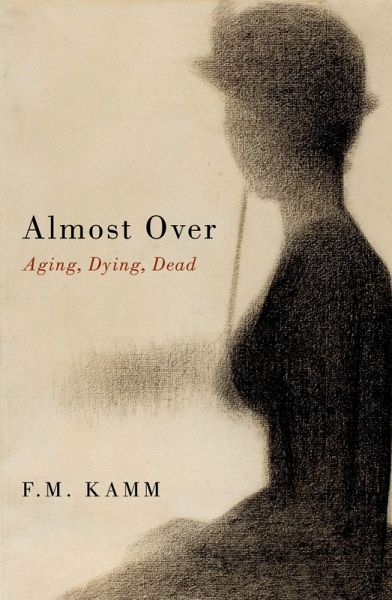
Almost Over (eBook, PDF)
Aging, Dying, Dead

PAYBACK Punkte
9 °P sammeln!
In Almost Over, F. M. Kamm presents a wide-ranging philosophical discussion of the moral, legal, and medical issues related to aging, dying, and death. She begins by considering different views about whether and why death is bad for the person who dies and what these views imply about the death of humanity. She then considers whether there are conditions under which it might make sense to deliberately bring a person's death about, given the processes of aging and dying that precede it. In the opinion of some it is not only serious illness but ordinary aging that may give rise to this question ...
In Almost Over, F. M. Kamm presents a wide-ranging philosophical discussion of the moral, legal, and medical issues related to aging, dying, and death. She begins by considering different views about whether and why death is bad for the person who dies and what these views imply about the death of humanity. She then considers whether there are conditions under which it might make sense to deliberately bring a person's death about, given the processes of aging and dying that precede it. In the opinion of some it is not only serious illness but ordinary aging that may give rise to this question and Kamm pays particular attention to the various ways in which aging could affect the distribution of "goods" and "bads" in a particular life. Specifically, she considers how the limitations and changes due to aging and the dying process affect meaning in one's life, and whether the absence of meaning affects the reasonableness of not resisting or even seeking one's death. Kamm explores these questions not only as they relate to individuals' decisions but also as they relate to public policy and state action. Recently attempts have been made to help the general public think about end-of-life issues by devising questionnaires and conversation guides; Kamm evaluates some of these resources and articulates the moral implications of the assumptions they make about aging, dying, and value. She also takes up the issue of physician-assisted suicide as a way of ending one's life, considering its moral permissibility and whether or not it ought to be legalized as a matter of public policy. In doing so, she examines arguments from discussions about capital punishment concerning state action and also methods of balancing costs and benefits (including cost effectiveness analysis). In her analysis, Kamm engages with the views of such prominent philosophers, medical doctors, and legal theorists as Shelly Kagan, Susan Wolf, Atul Gawande, Ezekiel Emanual, and Neil Gorsuch, among others, shedding new light on conversations about the moral complexities and consequences of aging, dying, and death.
Dieser Download kann aus rechtlichen Gründen nur mit Rechnungsadresse in A, B, BG, CY, CZ, D, DK, EW, E, FIN, F, GR, HR, H, IRL, I, LT, L, LR, M, NL, PL, P, R, S, SLO, SK ausgeliefert werden.




